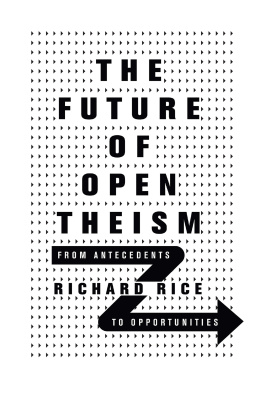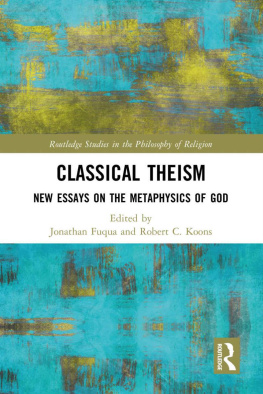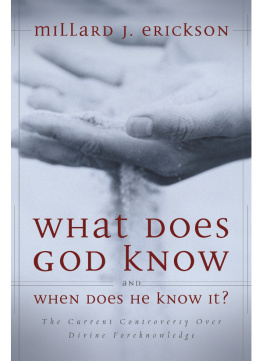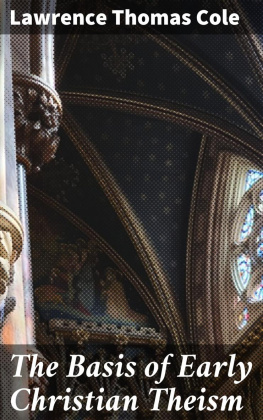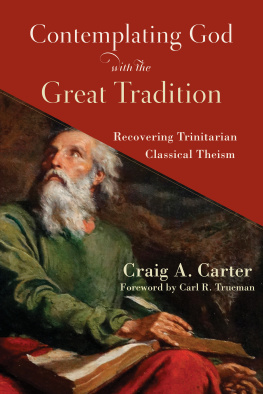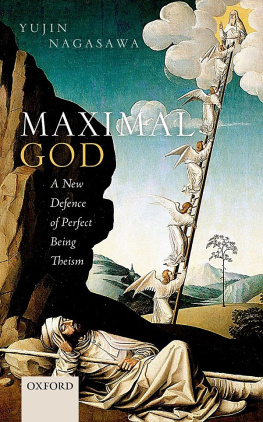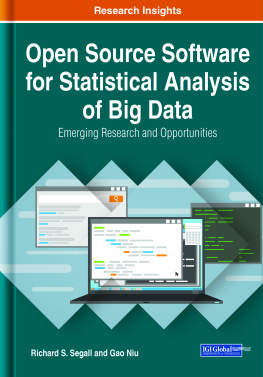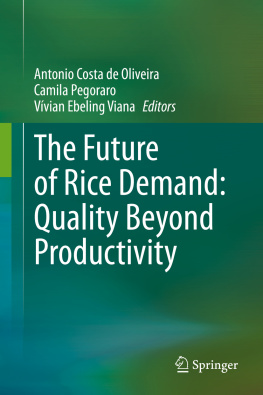Thomas Richard Rice - The Future of Open Theism: From Antecedents to Opportunities
Here you can read online Thomas Richard Rice - The Future of Open Theism: From Antecedents to Opportunities full text of the book (entire story) in english for free. Download pdf and epub, get meaning, cover and reviews about this ebook. year: 2020, publisher: InterVarsity Press / IVP Academic, genre: Religion. Description of the work, (preface) as well as reviews are available. Best literature library LitArk.com created for fans of good reading and offers a wide selection of genres:
Romance novel
Science fiction
Adventure
Detective
Science
History
Home and family
Prose
Art
Politics
Computer
Non-fiction
Religion
Business
Children
Humor
Choose a favorite category and find really read worthwhile books. Enjoy immersion in the world of imagination, feel the emotions of the characters or learn something new for yourself, make an fascinating discovery.
- Book:The Future of Open Theism: From Antecedents to Opportunities
- Author:
- Publisher:InterVarsity Press / IVP Academic
- Genre:
- Year:2020
- Rating:3 / 5
- Favourites:Add to favourites
- Your mark:
- 60
- 1
- 2
- 3
- 4
- 5
The Future of Open Theism: From Antecedents to Opportunities: summary, description and annotation
We offer to read an annotation, description, summary or preface (depends on what the author of the book "The Future of Open Theism: From Antecedents to Opportunities" wrote himself). If you haven't found the necessary information about the book — write in the comments, we will try to find it.
The Future of Open Theism: From Antecedents to Opportunities — read online for free the complete book (whole text) full work
Below is the text of the book, divided by pages. System saving the place of the last page read, allows you to conveniently read the book "The Future of Open Theism: From Antecedents to Opportunities" online for free, without having to search again every time where you left off. Put a bookmark, and you can go to the page where you finished reading at any time.
Font size:
Interval:
Bookmark:
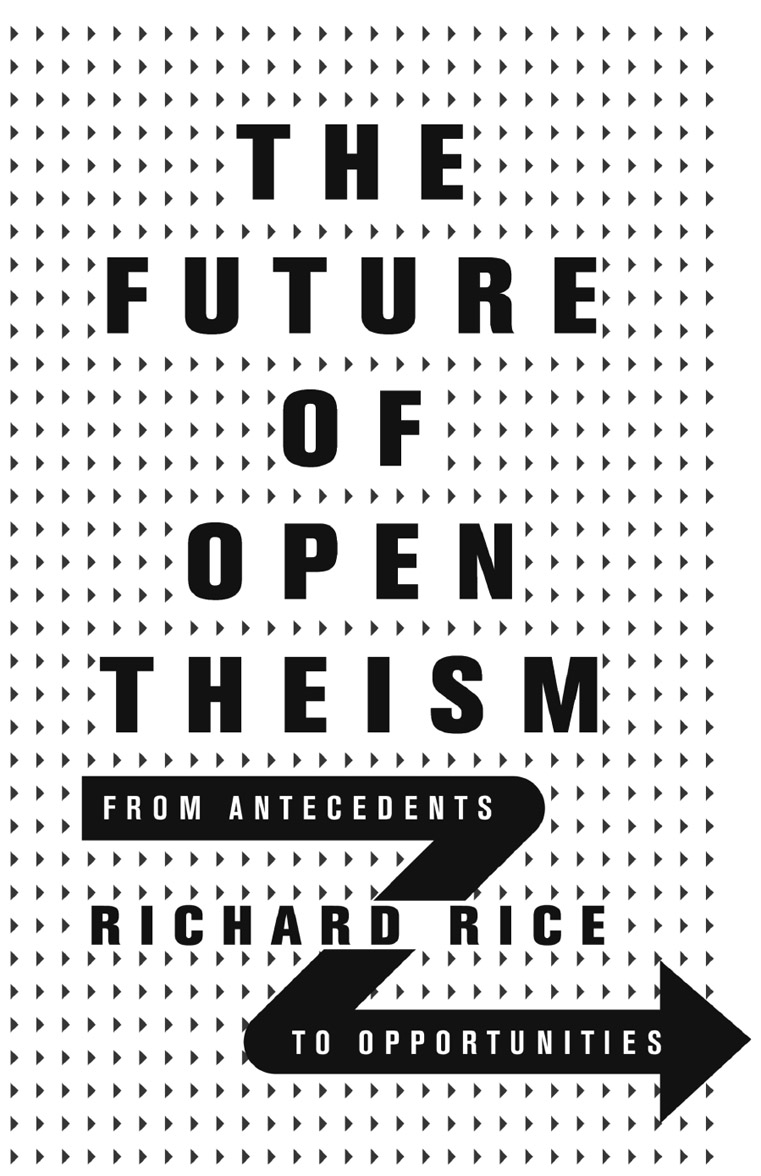
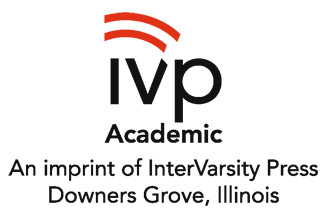
InterVarsity Press
P.O. Box 1400, Downers Grove, IL 60515-1426
ivpress.com
2020 by Thomas Richard Rice
All rights reserved. No part of this book may be reproduced in any form without written permission from InterVarsity Press.
InterVarsity Press is the book-publishing division of InterVarsity Christian Fellowship/USA , a movement of students and faculty active on campus at hundreds of universities, colleges, and schools of nursing in the United States of America, and a member movement of the International Fellowship of Evangelical Students. For information about local and regional activities, visit intervarsity.org.
Scripture quotations, unless otherwise noted, are from the New Revised Standard Version of the Bible, copyright 1989 by the Division of Christian Education of the National Council of the Churches of Christ in the USA. Used by permission. All rights reserved.
Cover design and graphic elements: Bradley Joiner
Interior design: Daniel van Loon
ISBN 978-0-8308-3938-4 (digital)
ISBN 978-0-8308-5286-4 (print)
This digital document has been produced by Nord Compo.
For Gail
The Companion of My Life

AFTER COMPLETING GRADUATE SCHOOL, I joined the faculty of Loma Linda University in the mid-1970s, so it could take a book nearly as long as this one to list all the people I am indebted to in one way or anotherteachers, colleagues, students, and friends. The following is therefore a severely abbreviated list.
I enjoyed the academic life from college through graduate school and recall with appreciation my teachers along the way, including professors Roy Branson, Dan Cotton, James Cox, Raoul Dederen, Fritz Guy, Earle Hilgert, Gottfried Oosterwal, Royal Sage, Walter Specht, and Herold Weiss. At the University of Chicago Divinity School, I was enriched by the instruction of professors Brian Gerrish, Langdon Gilkey, James Gustafson, Bernard McGinn, Schubert M. Ogden, Norman Perrin, and David Tracy, my dissertation advisor.
I have appreciated the academic expertise and personal friendship of numerous colleagues on the religion faculties of both Loma Linda University Health and La Sierra University, as well as the leadership provided by deans John Jones, Gerald Winslow, and Jon Paulien.
To paraphrase Reinhold Niebuhr, nothing worth doing can be accomplished alone, and I feel a special connection to a number who have found the open view of God helpful and have given careful thought to the issues it raises. These include David Basinger, Gregory Boyd, William Hasker, Thomas Oord, Clark Pinnock, and John Sanders, as well as other theologians and philosophers whose works I have cited in the following pages.
I am grateful to the numerous people at IVP Academic who have undertaken the many tasks involved in the production of this book. I especially want to thank two editors, David Congdon, who encouraged the books initial development, and David McNutt, who has provided valuable guidance in bringing it to publication. I would also like to thank John Sanders for his helpful suggestions for improving the manuscript and two anonymous readers for theirs. My editorial assistant, Gayle Foster, also contributed by carefully reading the manuscript and preparing the bibliography.
Finally, nothing would be possible without the love and support of family, the ones who ultimately make our lives worth living. Watching our daughter Alison and son Jonathan grow to adulthood, achieve professional success, and become loving parents themselves has been a constant source of joy. My wife, a faculty colleague who interrupted her own education years ago so I could complete mine, is the object of my lasting gratitude and ever growing affection. I dedicated my first book to her and Ive done the same with this one.

Open theism first attracted the attention of Christian theologians some twenty-five years ago when IVP published a symposium volume by five conservative scholars under the title, The Openness of God: A Biblical Challenge to the Traditional Understanding of God. Within a short time, the ideas presented in the book generated vigorous discussion.
According to the openness of God, Gods essential nature is love, and out of love God chose to bring into existence a world containing creatures endowed with the capacity to love him in return. As a personal being, God seeks a personal relationship with the creatures, so God is intensely interested in, and genuinely affected by, their actions and decisions. God is open to the world, and the world is open to God. Both Creator and creatures contribute to the ongoing course of events, and God experiences these events as they happen. In giving those who bear his image the freedom to return his love, God ran the risk that they might pursue their own goals rather than Gods. But despite the pain their rebellion brought him, Gods commitment to their welfare remains unconditional, and he continues to pursue his goals for creation. The dramatic interchange, the give-and-take, between God and humans that we find in the Bible strongly suggests that God experiences events as they happen. From Gods perspective, therefore, past and future are not the same. In other words, time is real for God.
A lot has happened in the years since the publication of The Openness of God. My purpose in this discussion is to recount some of the notable steps in the development of open theism so far and then to explore some of the ways in which it may continue.
In well look at the arrival of open theism, beginning with the work of several thinkers who anticipated its concerns, largely from their individual study of the Bible. Then well review the contents of the 1994 publication, as well as additional expressions of open theism by some of its early proponents.
Whether it comes up in formal discussion or casual conversation, the topic of God easily gives rise to a host of philosophical and theological issues. So it is no surprise that proposals that deal with God from a novel perspective should generate questions and criticisms. After all, the concept of God is central to Christian theologyso important that it affects the entire range of Christian beliefs. To quote Paul Tillich, The doctrine of God... is the beginning and end of all theological thought.
Those of us who contributed to The Openness of God, along with others who supported its ideas, knew that we were describing a concept of God that differed from more widely accepted views. But we were taken aback at the intensity of the criticism and the price certain open theists were forced to pay. In we will review some of the back and forth between open theists and their critics that occurred within roughly the first decade after the 1994 publication.
Once the first waves of criticism subsided, and it appeared that the open view of God would survive the rather harsh responses that greeted its earlier expressions, a number of more extended and substantive engagements began. As the tone softened, the depth of discussion increased, and soon rather complex arguments arose concerning various features of open theism, along with their scientific and philosophical implications.
Font size:
Interval:
Bookmark:
Similar books «The Future of Open Theism: From Antecedents to Opportunities»
Look at similar books to The Future of Open Theism: From Antecedents to Opportunities. We have selected literature similar in name and meaning in the hope of providing readers with more options to find new, interesting, not yet read works.
Discussion, reviews of the book The Future of Open Theism: From Antecedents to Opportunities and just readers' own opinions. Leave your comments, write what you think about the work, its meaning or the main characters. Specify what exactly you liked and what you didn't like, and why you think so.

